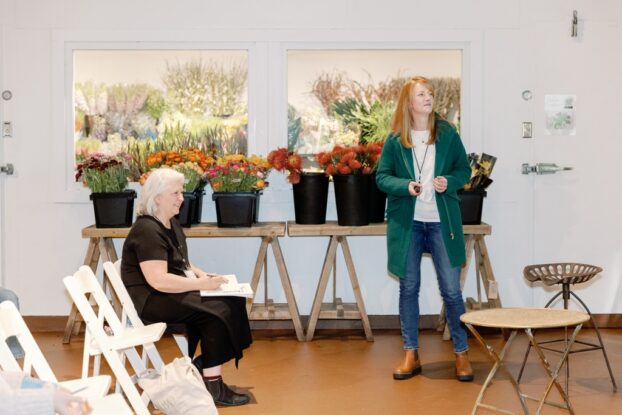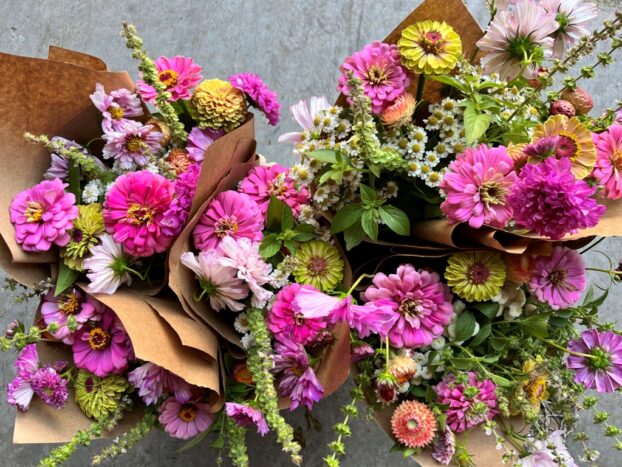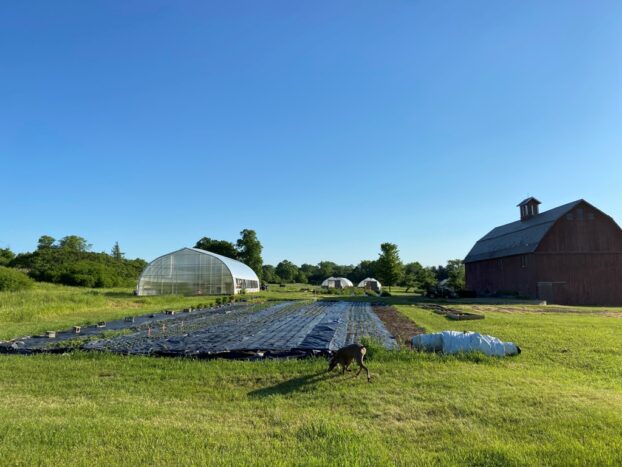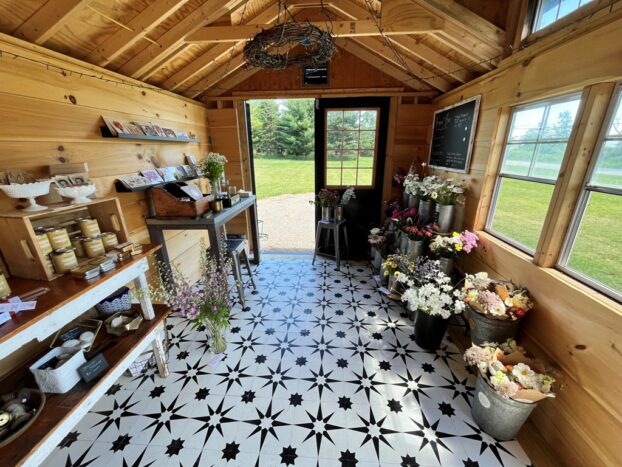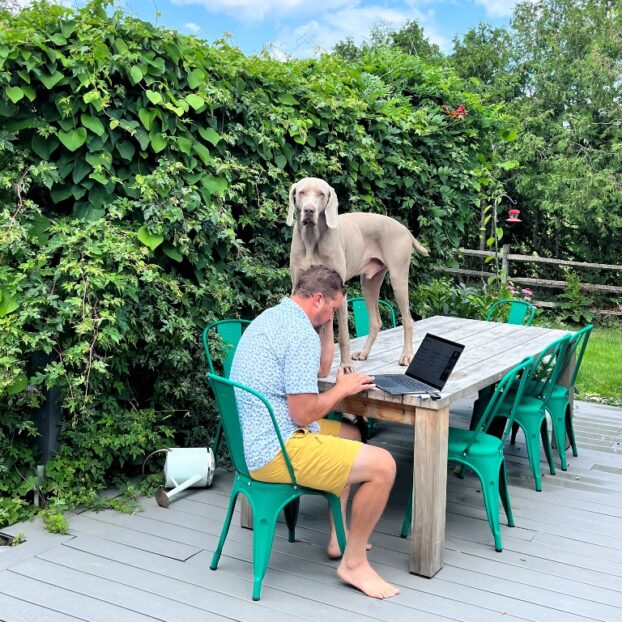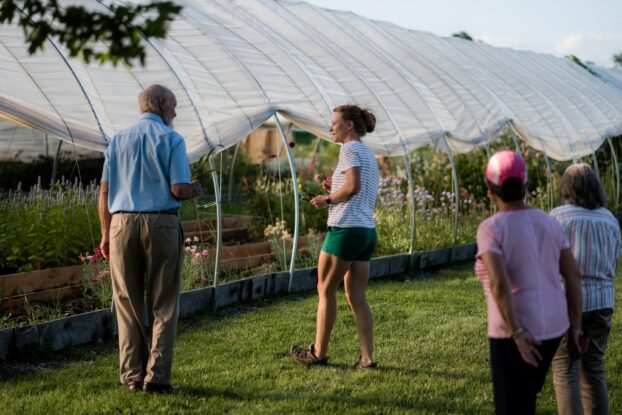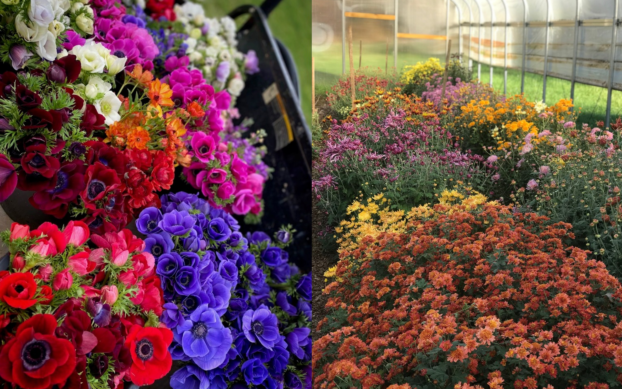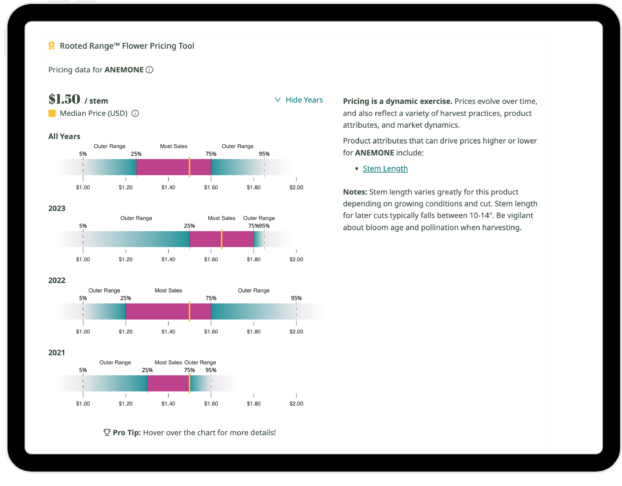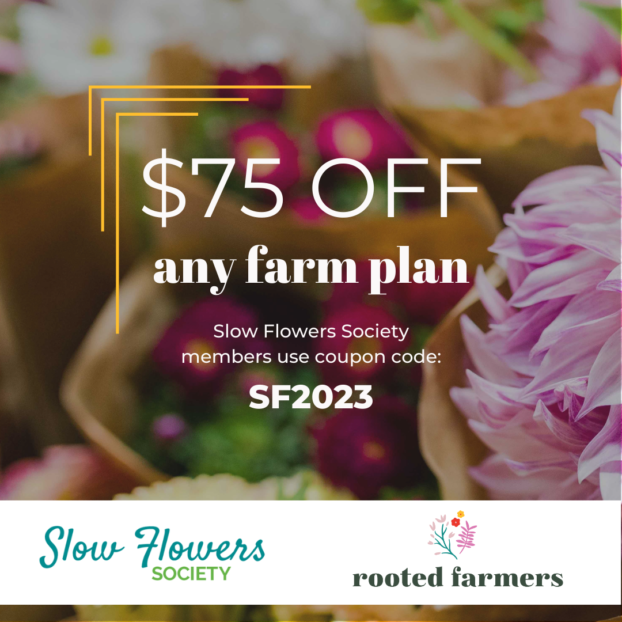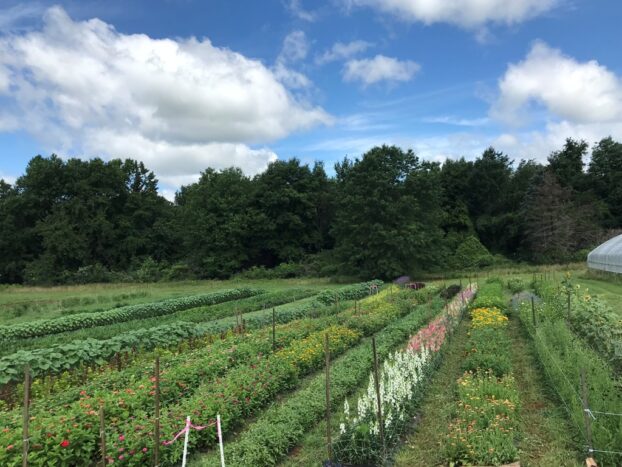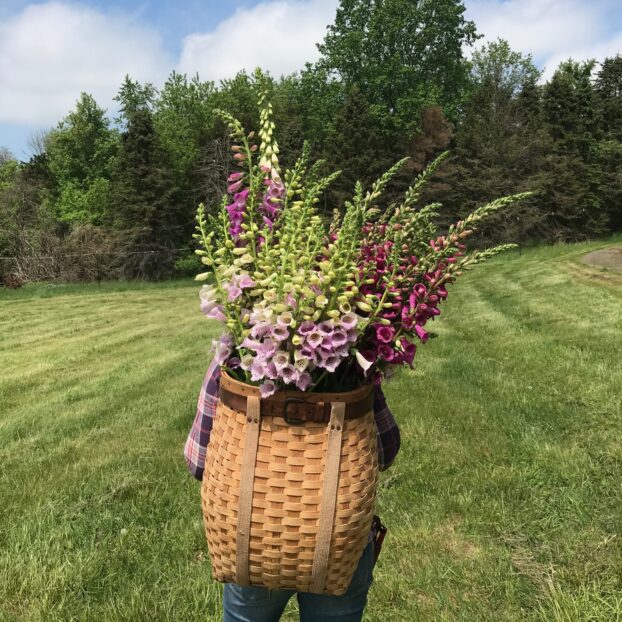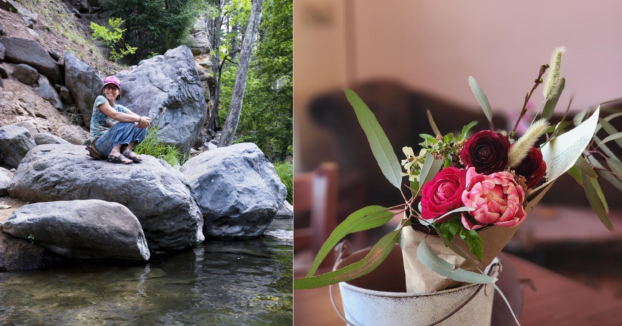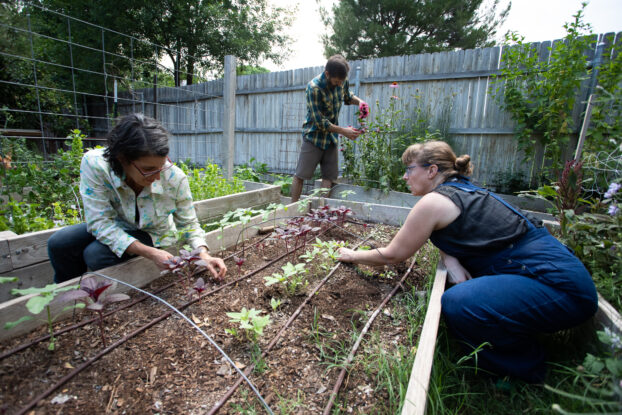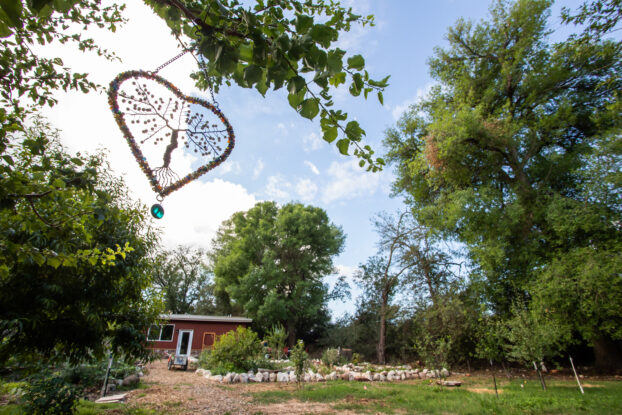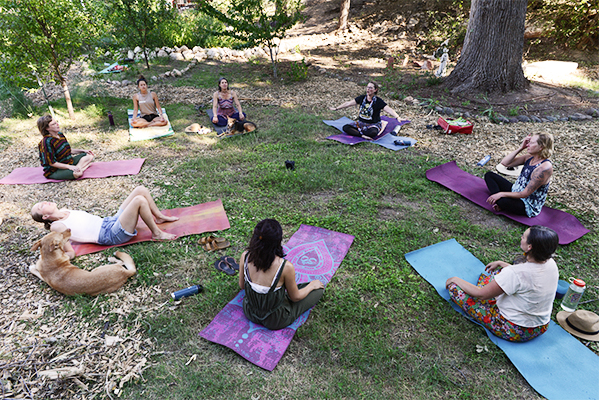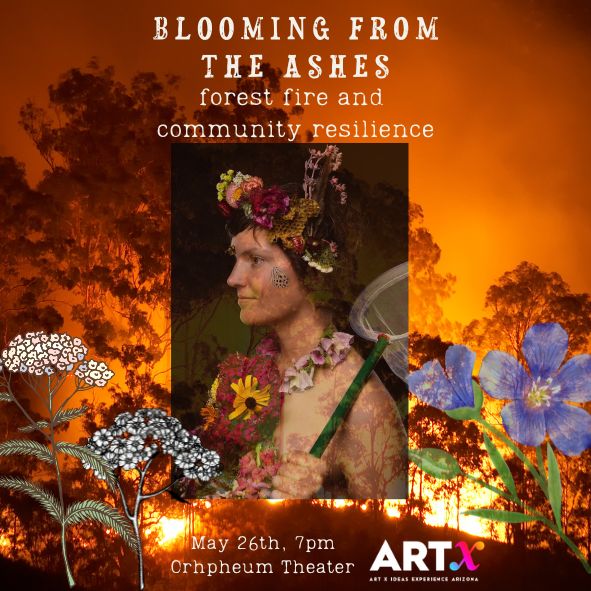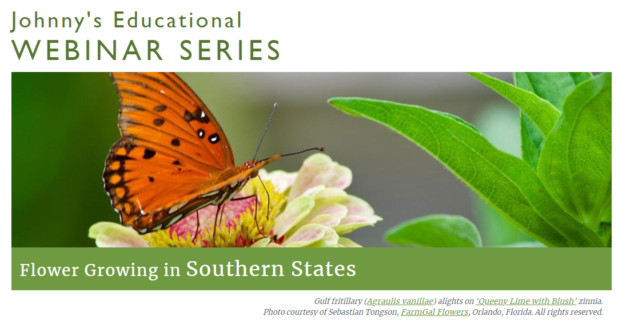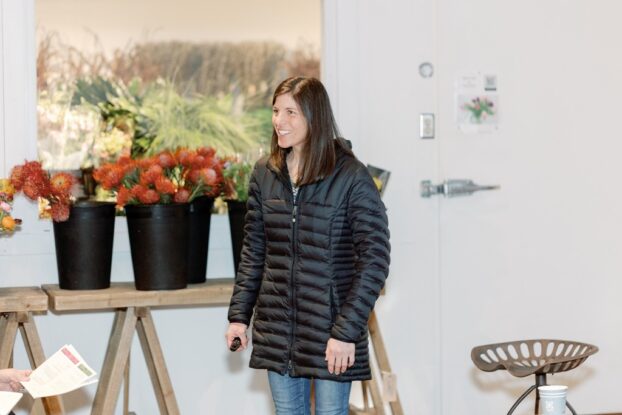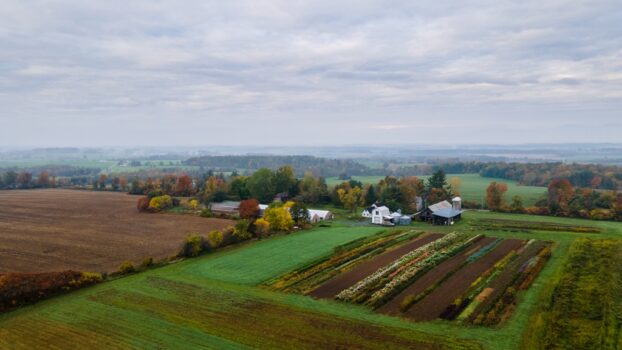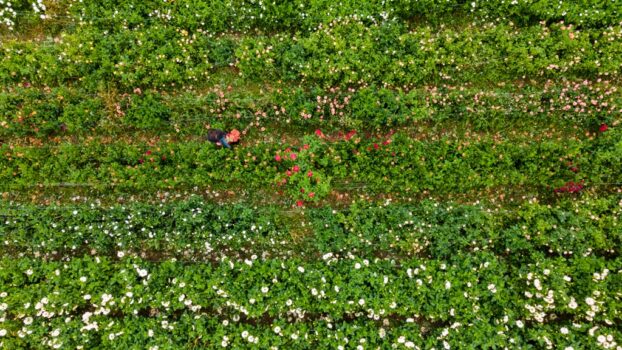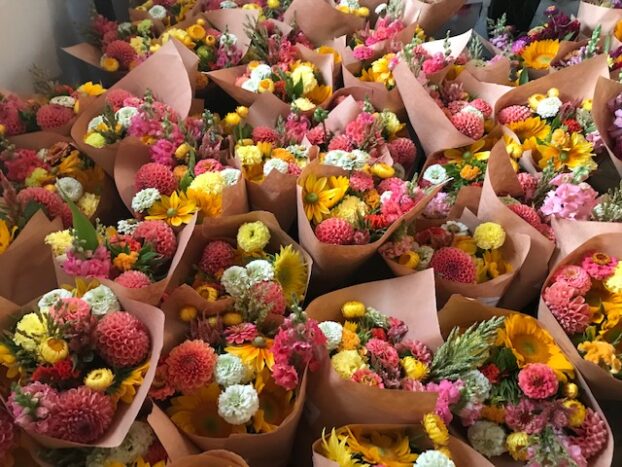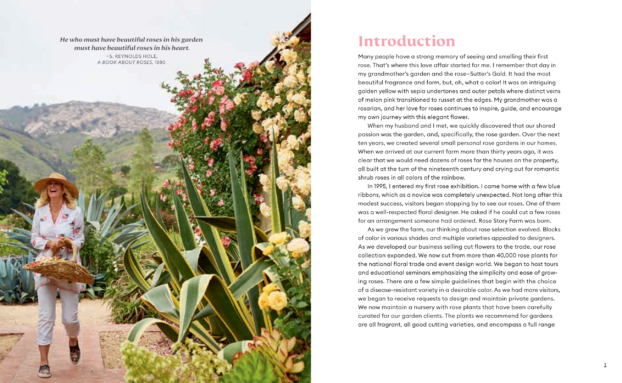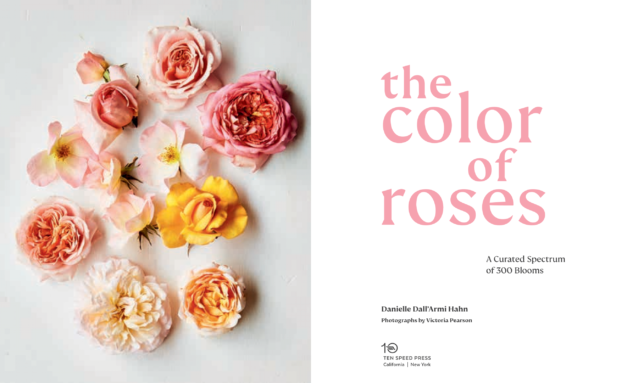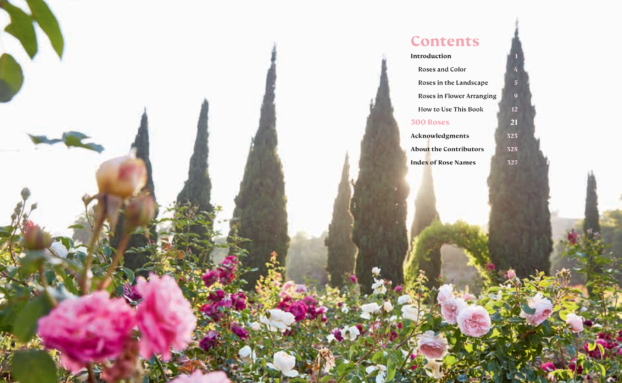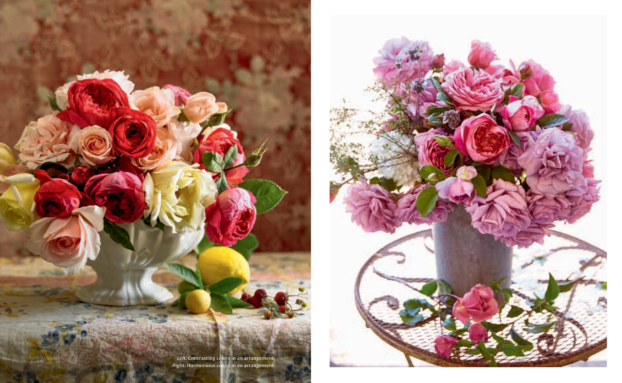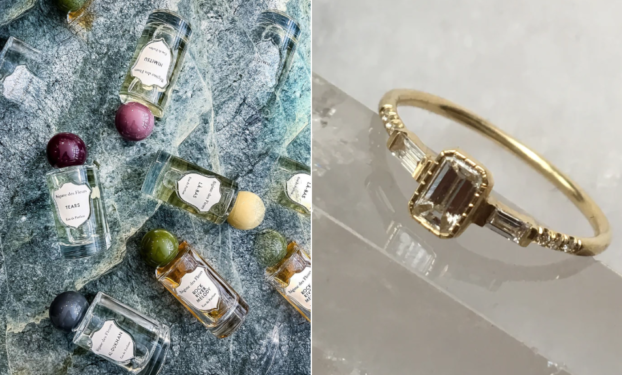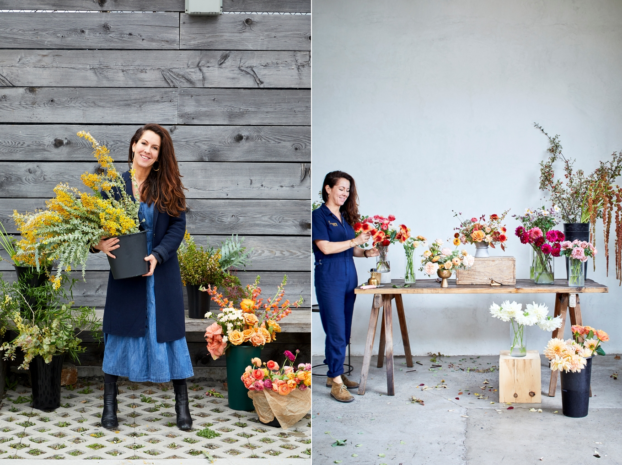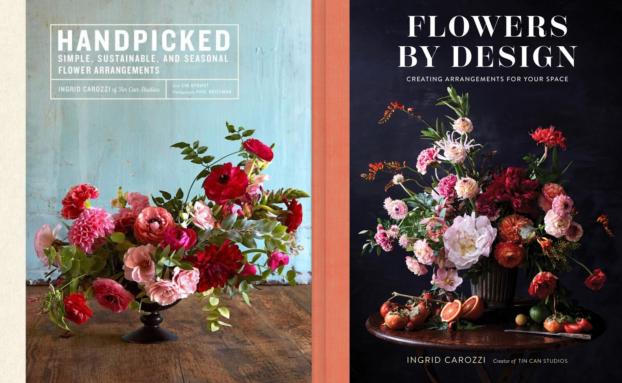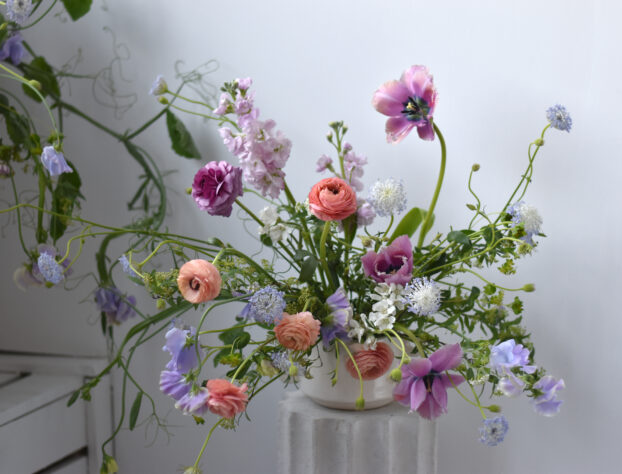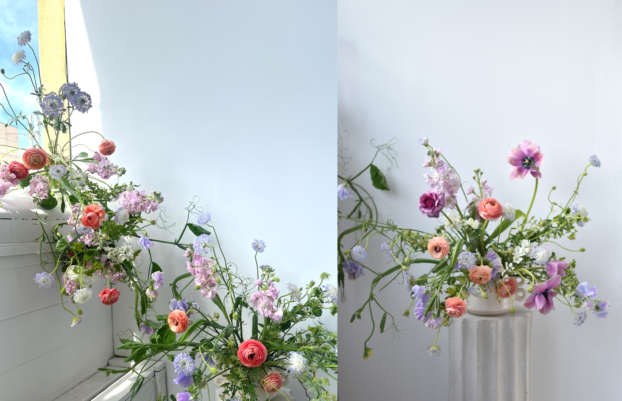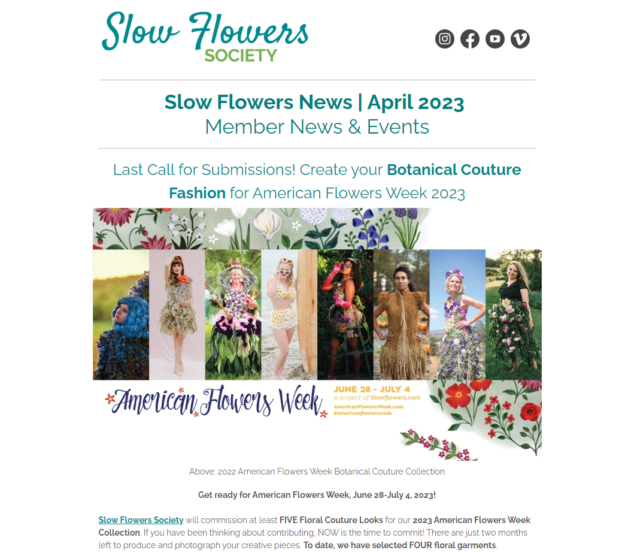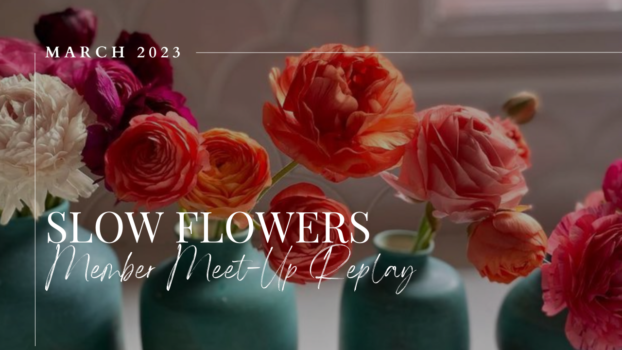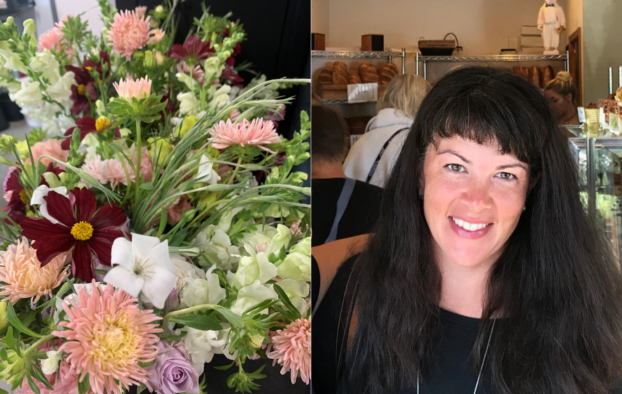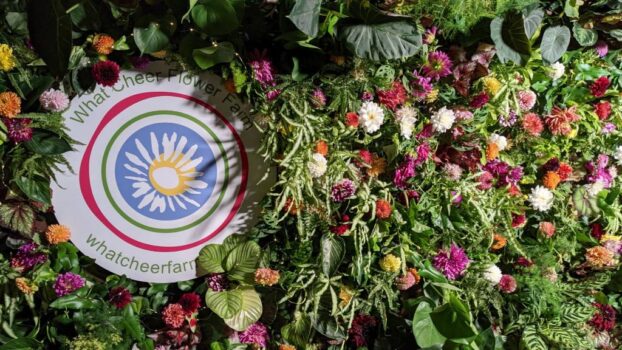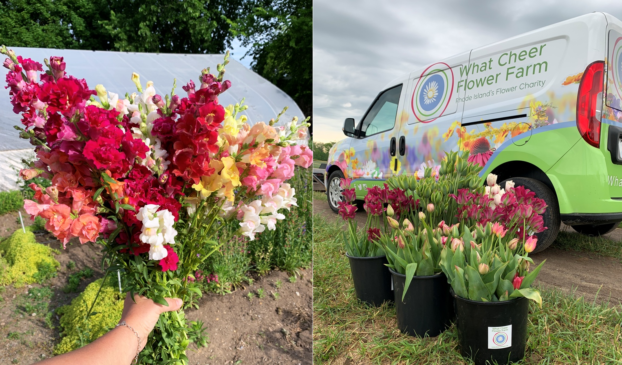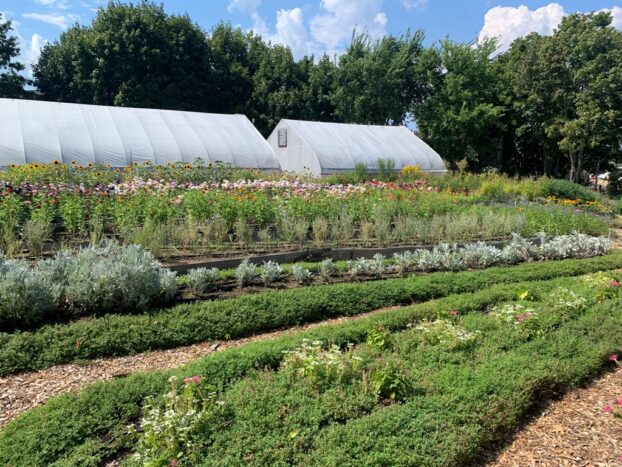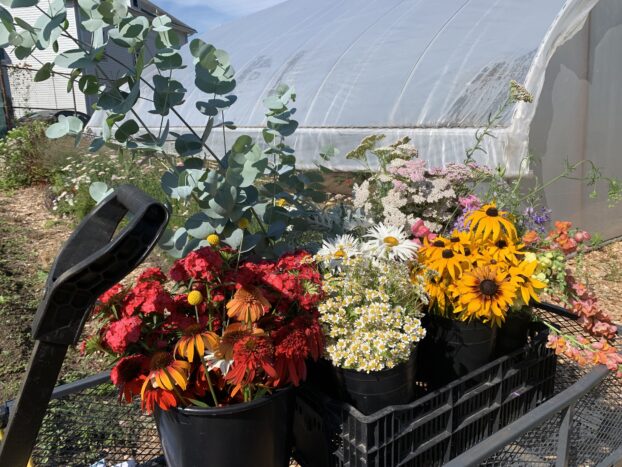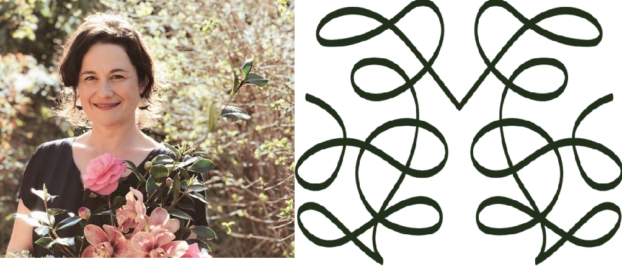Podcast: Play in new window | Download
Subscribe: Apple Podcasts | Podcast Index | RSS | More
Today, we take a trip to rural Northern Colorado, where sisters-in-law Gretchen Langston and Gaylene Moldt operate Blooms Colorado on 40 acres north of Ft. Collins.
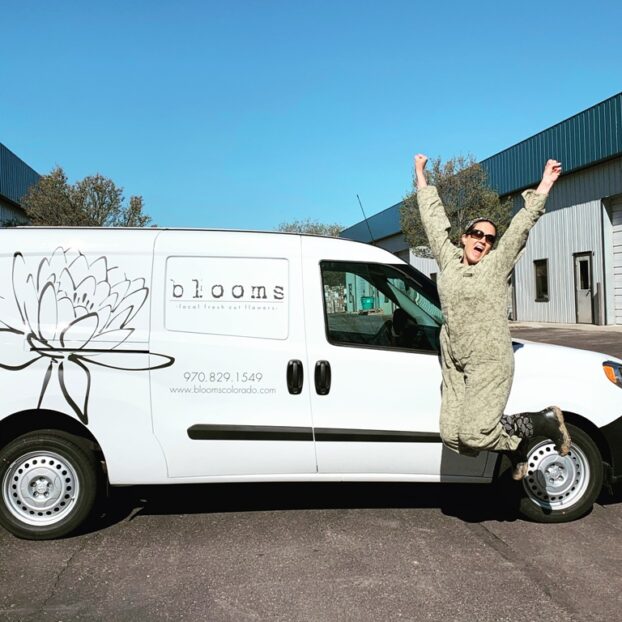
It’s fascinating to learn how they have grown this floral enterprise, established in 2017, to serve Ft. Collins, which is their closest metro market; and florists both south and north — in Denver 2 hours to the south and those in the southern Wyoming cities of Cheyenne and Laramie.
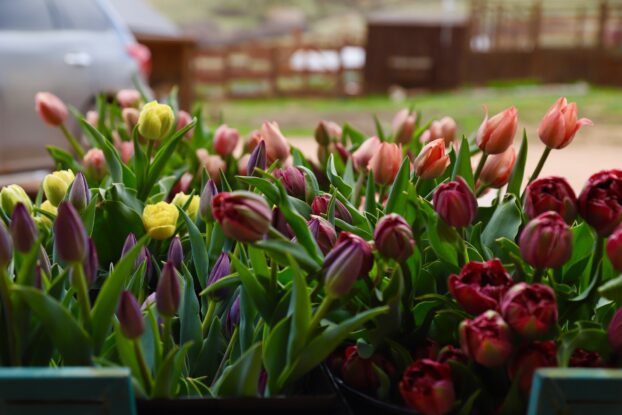
Blooms sells its flowers wholesale direct-to-designer through two regional flower collectives, including the Northern Colorado Flower Community (NOCO) and the Colorado Flower Collective in the Denver area. They also serve a grocery account in Ft. Collins.
Raised on a small farm in rural Missouri by her teacher-parents, like many country kids, Gretchen swore never to do the same thing. She had her big-city urban experience, and still has her big-time career as Global VP of Risk Management, Environment, Health & Safety for a company that operates most of the large National Park concessions in the U.S., serving parks like Yellowstone, Grand Canyon, Glacier, and Zion.
How does she do it all? Well, one of her not-so-secret weapons is her sister-in-law Gaylene, who Gretchen convinced to move to Colorado to run the flower enterprise. Gaylene is the day-to-day manager of Bloom Colorado, which also the market manager for Northern Colorado Flower Community (NOCO).
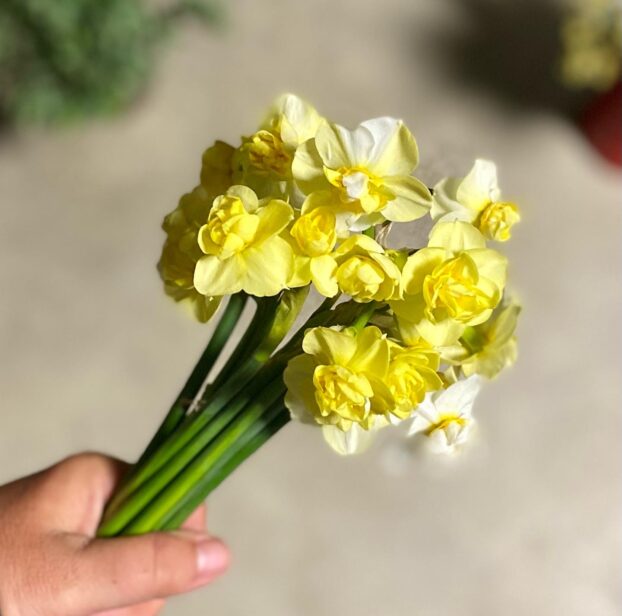
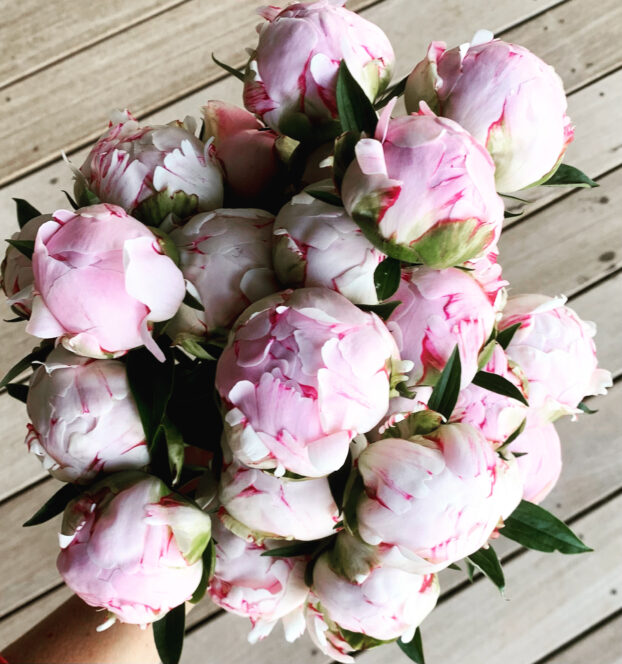
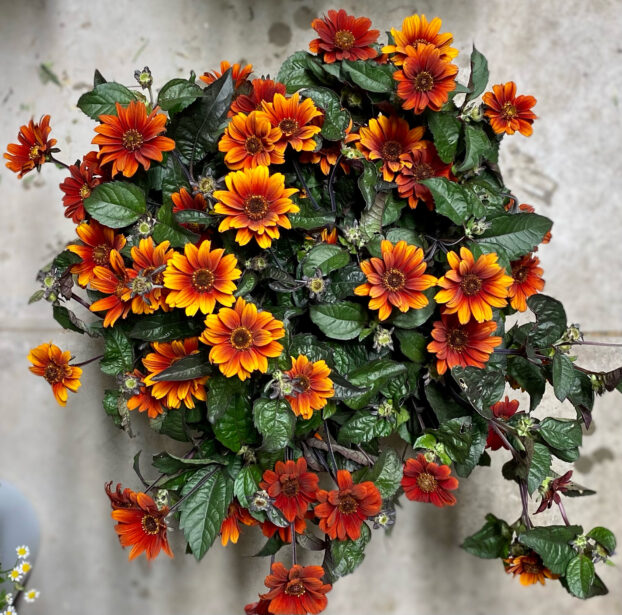
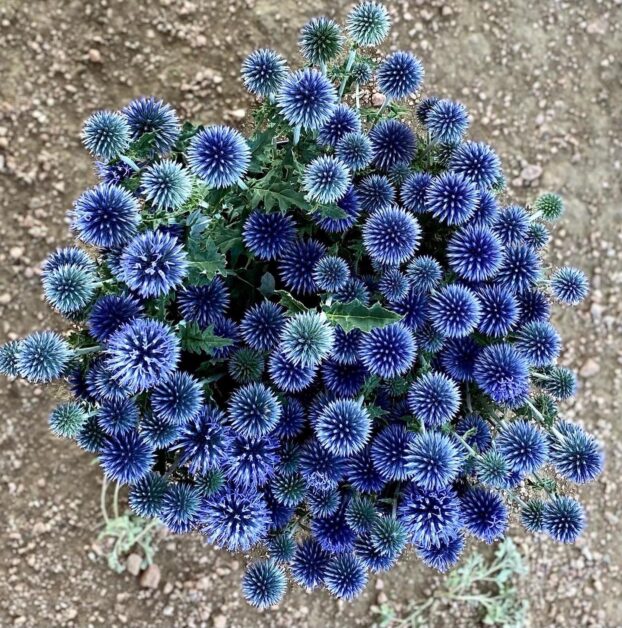
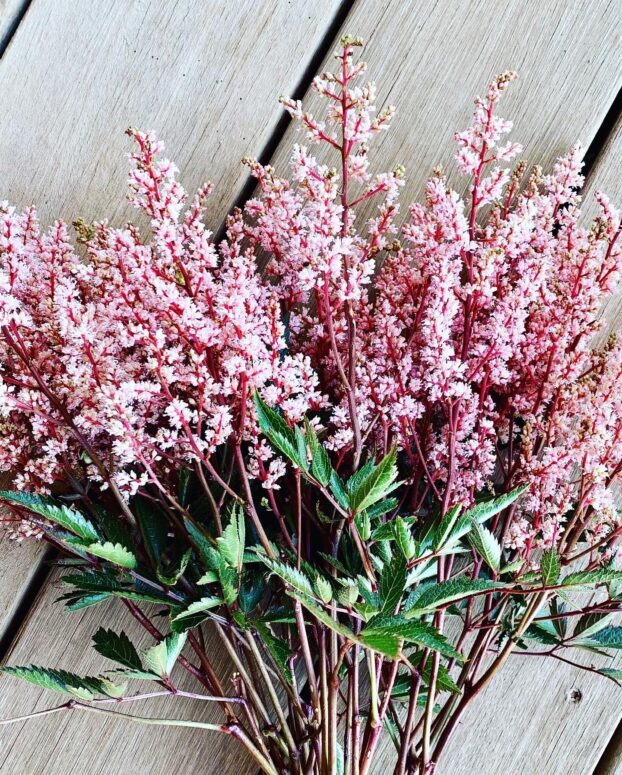
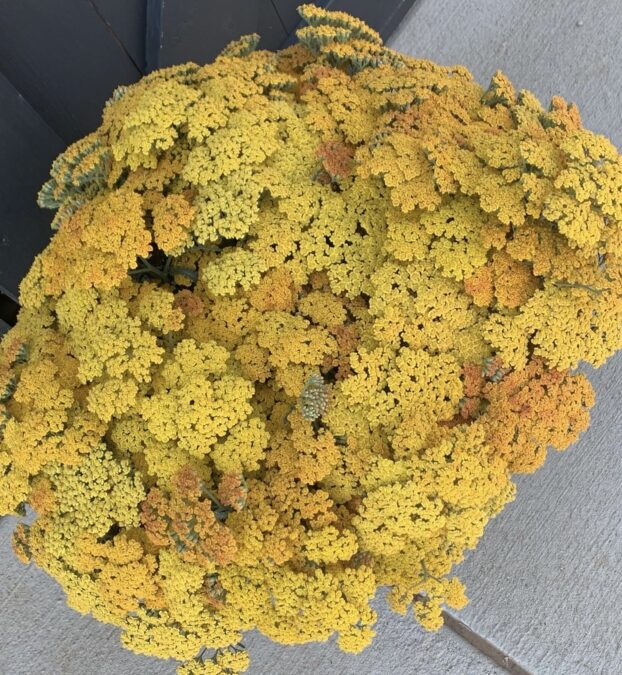
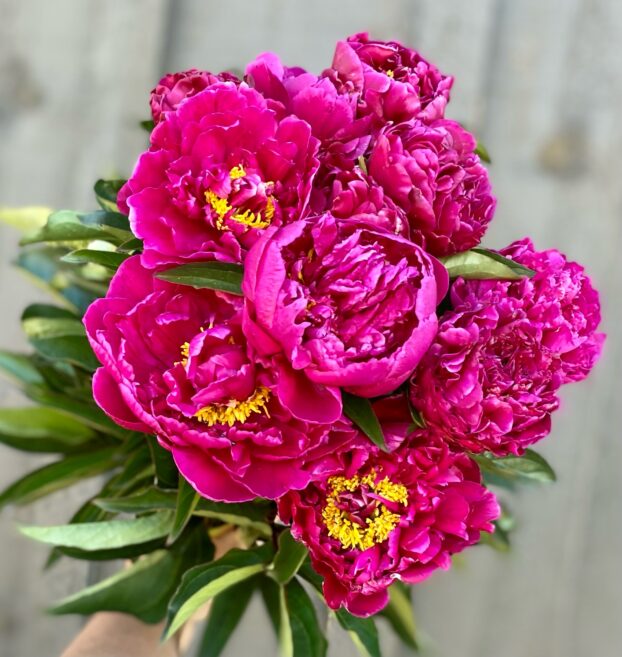
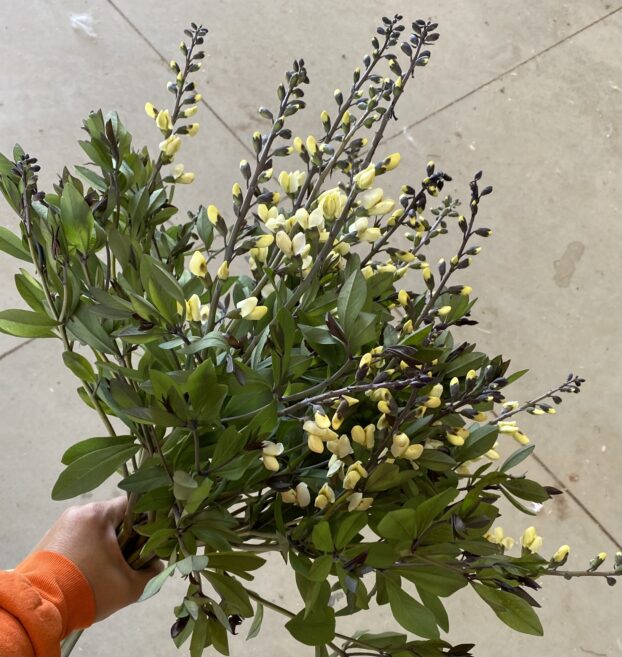
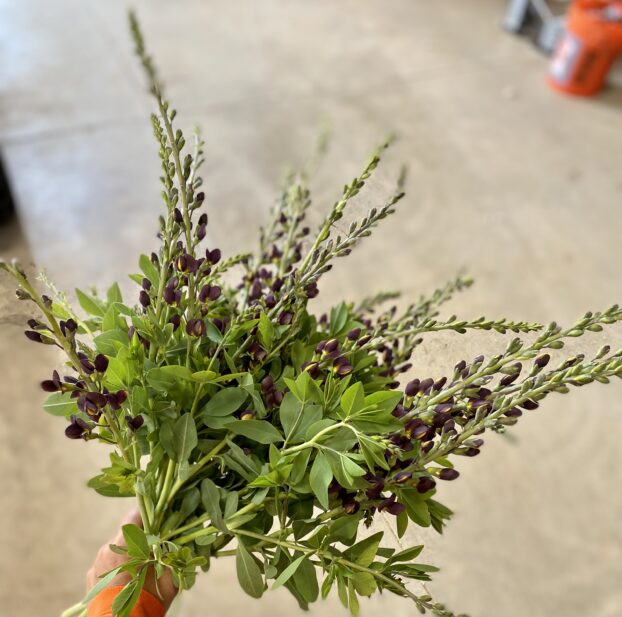
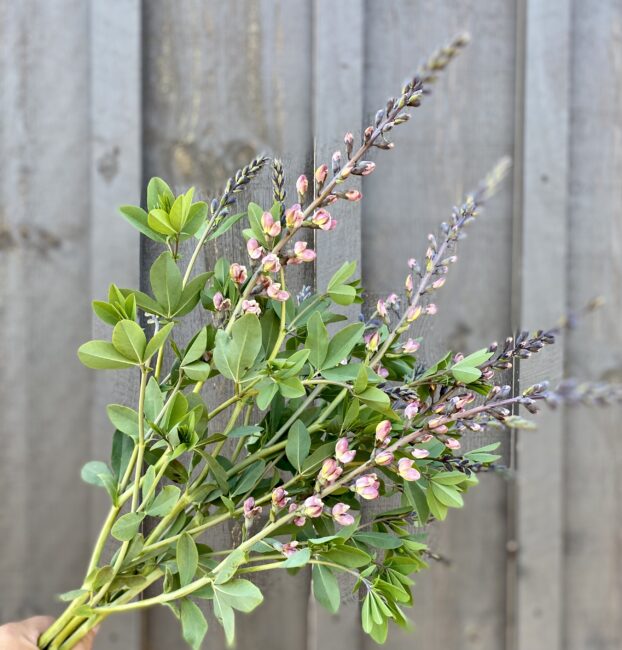
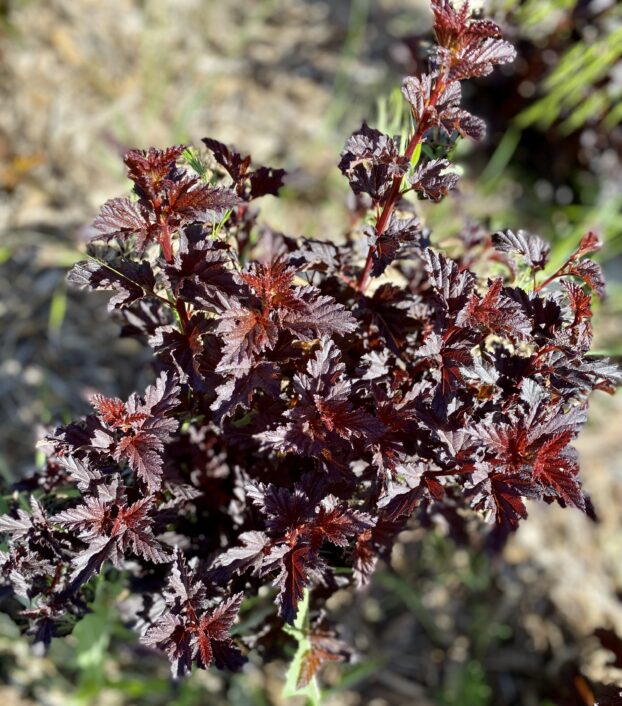
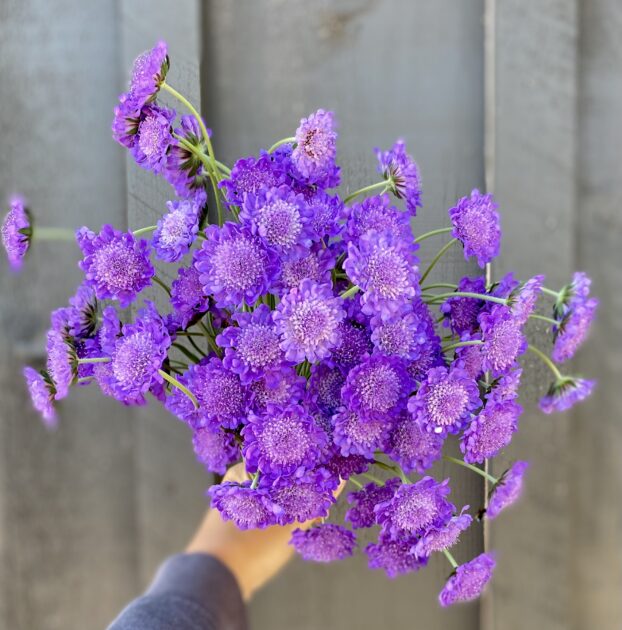
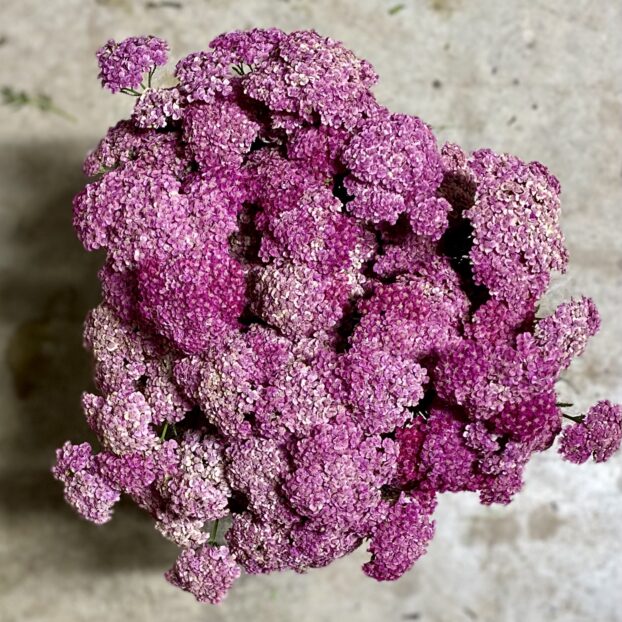
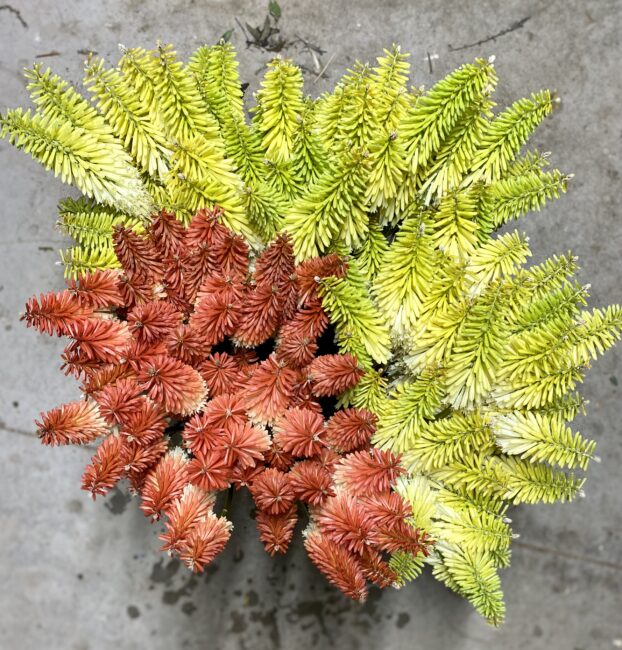
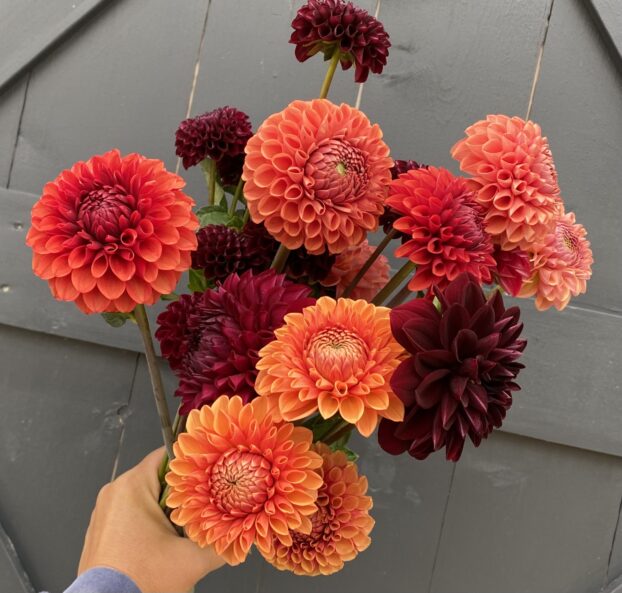
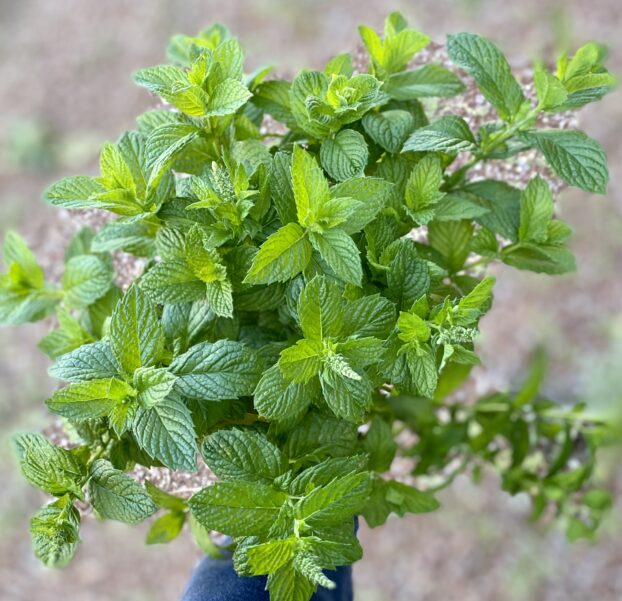
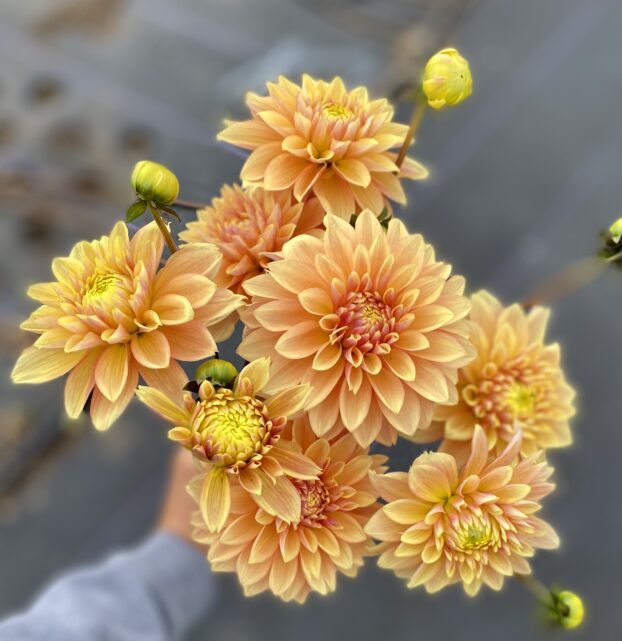
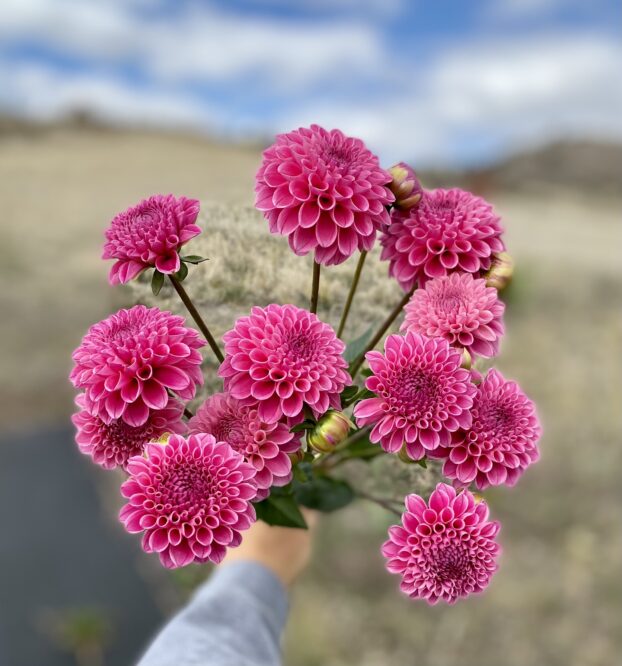
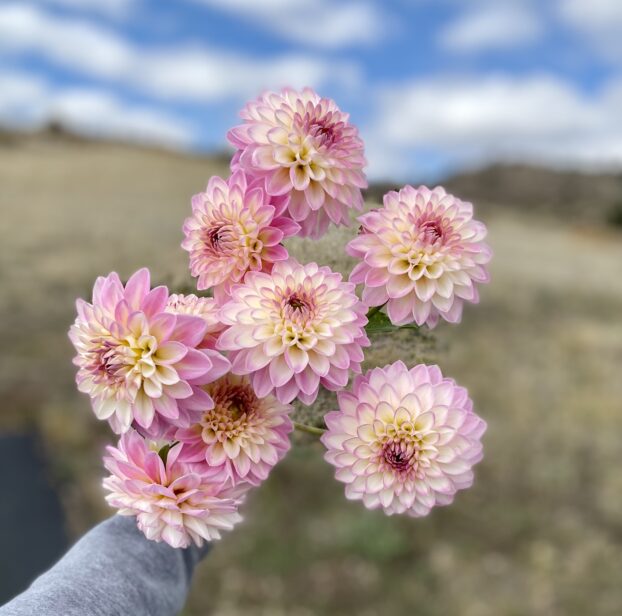
As for variety, Blooms specializes in perennials, woodies, peonies and dahlias with about 5 acres in production. Supplying designers who produce destination weddings florals is clearly their niche. Gretchen and I recorded a conversation in the virtual studio recently, and let’s jump right in and meet her. At the end of the interview you will see two very short drone videos that Gretchen shared — they will give you a good idea of the prolific flower farm against the background of stunning, high desert landscapes.
Find and follow Blooms Colorado:
Instagram
Thank you to our Sponsors!
This show is brought to you by Slowflowers.com, the free, online directory to more than 850 florists, shops, and studios who design with local, seasonal and sustainable flowers and to the farms that grow those blooms. It’s the conscious choice for buying and sending flowers.
Thank you to our lead sponsor, Farmgirl Flowers. Farmgirl Flowers delivers iconic burlap-wrapped bouquets and lush, abundant arrangements to customers across the U.S., supporting U.S. flower farms by purchasing more than $10 million dollars of U.S.-grown fresh and seasonal flowers and foliage annually. Discover more at farmgirlflowers.com.
Thank you to Details Flowers Software, a platform specifically designed to help florists and designers do more and earn more. With an elegant and easy-to-use system–Details is here to improve profitability, productivity, and organization for floral businesses of all shapes and sizes. Grow your bottom line through professional proposals and confident pricing with Details’ all-in-one platform. All friends of the Slow Flowers Podcast will receive a 7-day free trial of Details Flowers Software. Learn more at detailsflowers.com.
Thank you to CalFlowers, the leading floral trade association in California, providing valuable transportation and other benefits to flower growers and the entire floral supply chain in California and 48 other states. The Association is a leader in bringing fresh cut flowers to the U.S. market and in promoting the benefits of flowers to new generations of American consumers. Learn more at cafgs.org.
Thank you to Store It Cold, creators of the revolutionary CoolBot, a popular solution for flower farmers, studio florists and farmer-florists. Save $1000s when you build your own walk-in cooler with the CoolBot and an air conditioner. Don’t have time to build your own? They also have turnkey units available. Learn more at storeitcold.com.
This week’s news:
SLOW FLOWERS JOURNAL – Spring 2023 | Celebrations: Our Slow Weddings Edition
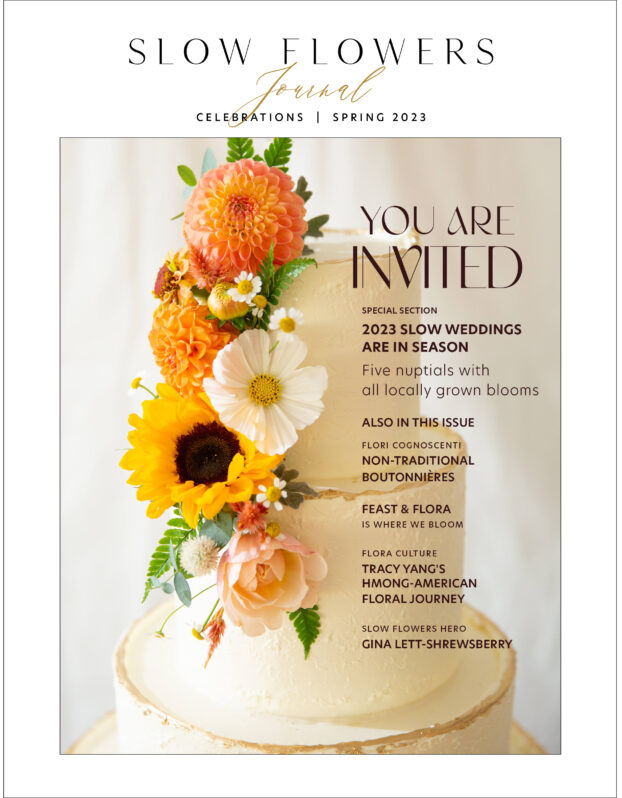
(c) Genevieve Leiper Photography
First up, in partnership with BLOOM Imprint, we have just released the Spring 2023 issue of our ezine Slow Flowers Journal. This issue is free to Slow Flowers members, so if you’re an active member, look for the link to our Celebrations issue in your in-box. Click the link to preview and purchase this issue — it’s packed with inspiring content, and a focus on Slow Weddings, nontraditional boutonnieres, and more people, flowers, and stories about our Slow Flowers Movement.
You’re invited to attend the May Slow Flowers Virtual Member Meet-up
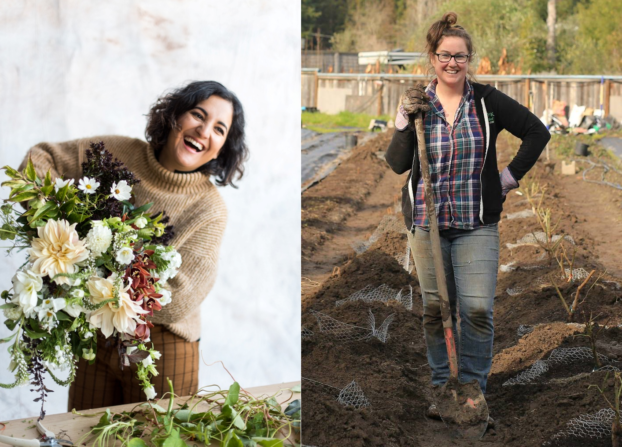
Our focus is the upcoming Slow Flowers Summit and we’ve invited two of our keynote speakers to join us. Meet Lennie Larkin (above right) and Amy Balsters (above left) who will join us to share a sneak peek of their upcoming presentations and answer your questions about floral design and flower farming! Lennie Larkin of B-Side Farm, will be presenting on “THE FLOWER DOLLAR: Knowing the true cost of your flowers + designs.” Amy Balsters, The Floral Coach, will present a design demonstration on “BUILDING A BETTER BOUQUET.”
Preregistration is required (click link below). See you this Friday, May 19th, at 9 am Pacific/Noon Eastern — on Zoom.
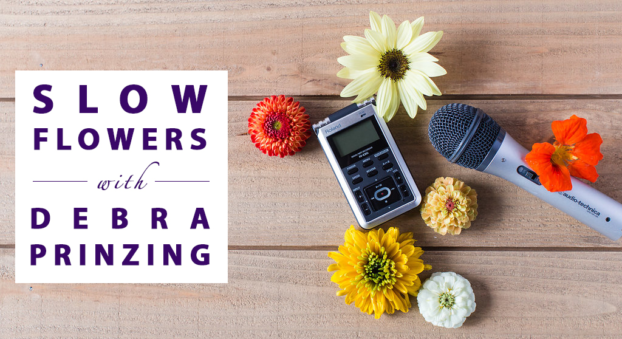
Thanks so much for joining me today! The Slow Flowers Podcast is a member-supported endeavor, downloaded more than one million times by listeners like you. Thank you for listening, commenting and sharing – it means so much. As our movement gains more supporters and more passionate participants who believe in the importance of our domestic cut flower industry, the momentum is contagious. I know you feel it, too. If you’re new to our weekly Show and our long-running Podcast, check out all of our resources at SlowFlowersSociety.com
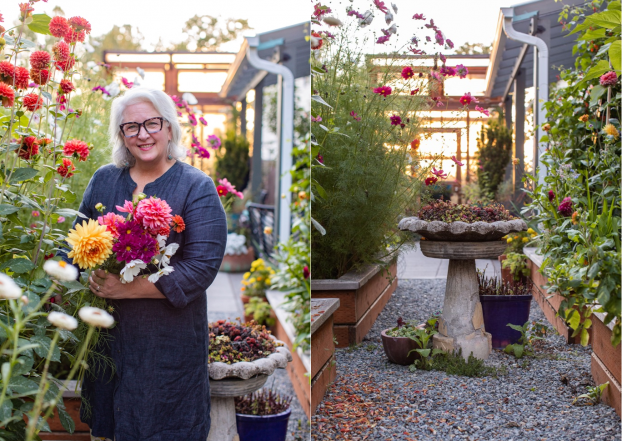
I’m Debra Prinzing, host and producer of the Slow Flowers Show & Podcast. The Slow Flowers Podcast is engineered and edited by Andrew Brenlan.
The content and opinions expressed here are either mine alone or those of my guests alone, independent of any podcast sponsor or other person, company or organization. Next week, you’re invited to join me in putting more Slow Flowers on the table, one stem, one vase at a time. Thanks so much for joining us today and I’ll see you next week!
Music credits:
Drone Pine; Funk and Flash; Turning on the Lights; Gaena
by Blue Dot Sessions
http://www.sessions.blue
Lovely
by Tryad
http://tryad.bandcamp.com/album/instrumentals
http://creativecommons.org/licenses/by-sa/3.0/
In The Field
Songs by:
audionautix.com










